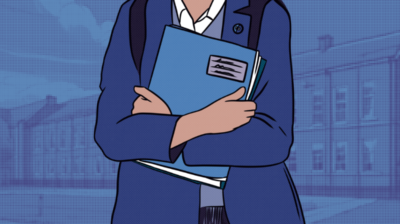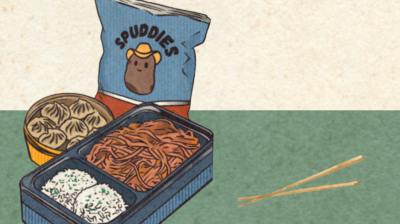My experience of antidepressants
Recovering from depression.
Written by Shane
Voices - Experiences
Young people share their personal experiences.

Most experts agree that a combination of medication and some form of verbal therapy is the best way of dealing with depression. This was the route I took and I cannot emphasise enough, the importance of talking about your feelings with a trained expert. However, for this article I will be focusing on the medication side of things.
My reasoning for this is simple; when I was first diagnosed with depression my doctor recommended that I start with medication first, and then proceed to counselling/therapy. Her belief was that I was too overcome with emotion to handle the counselling at that moment, and that allowing some time for the antidepressants to work would help me to be less overwhelmed by the whole experience. I took her advice and followed that plan. This worked for me, but doesn’t mean that this is necessarily the only 'right way' of doing things.
Medication is a big part of treating depression. It is almost inevitable that a doctor will prescribe (or at least suggest the use of), some antidepressants while recovering from depression. This is something that really bothers some people. There is a fear that surrounds antidepressants; many people think they will turn them into zombies. I shared that concern and even now I would still have a little apprehension about some antidepressants.
I was reassured to find that some antidepressants are milder than others. Like so many things, the results differ for everyone, but I found that they were very effective. Even at the higher dosages, they did not cause my personality to change and I didn’t become the zombie I had feared I would become.
For me, it’s important to realise the limitations of antidepressants. I compare antidepressants to taking painkillers. If you break your leg, a painkiller will numb the pain, but it doesn’t do anything to put your leg back together. I approached antidepressants with the view that they did not fix anything; they were there to help relieve some of the pressure and confusion that depression had flung upon me. When the antidepressants started to work, it allowed me to begin the real work of putting myself back together.
And now we come to the side effects. As you can imagine, they are many and varied. Initial side effects are pretty universal: sick stomachs and constant tiredness should be expected in the first week. Some other side effects followed me for longer. If I allowed myself to get too thirsty or too hungry, all my energy would disappear instantly, like somebody had flicked a switch to off. Also, I found my dreams and nightmares got more regular and vivid while I was on antidepressants. Waking up in the morning was often difficult too. A very loud alarm or having a very patient person to wake you up is a big help.
I was on antidepressants for well over a year before I approached my doctor about cutting down the dosages and eventually getting off them totally. By this time, I had progressed well in my therapy and felt confident that the support of my therapist was there to help me through the difficulty of readjusting.
Now that I have been off antidepressants for a number of months, I can look back and realise that there are some others effects. My moods were restricted, never too low or too high; and things like reading a book were a bit more difficult, but definitely not impossible. Also, food never tasted better than it did in the days after the antidepressants had left my system.
The help I got from my antidepressants far outweighed the side effects however. They were an important tool that helped my recovery. They are not something to fear. If you have concerns, talk to your doctor, ask plenty of questions and express your feelings. Give your doctor a chance to address your concerns before ruling them out.
Antidepressants are not a miracle cure in a capsule, nor are they the scary pills that some think of them as. Like most things, the truth is found somewhere in between. Combined with reasonable expectations and some counselling/psychotherapy, antidepressants can be very useful in your recovery.






